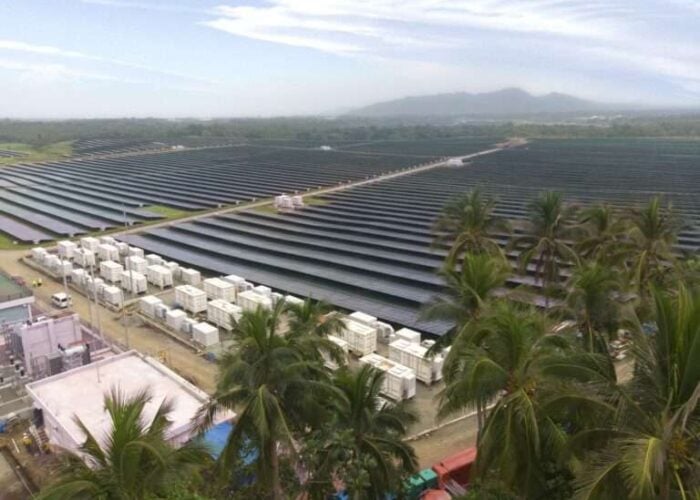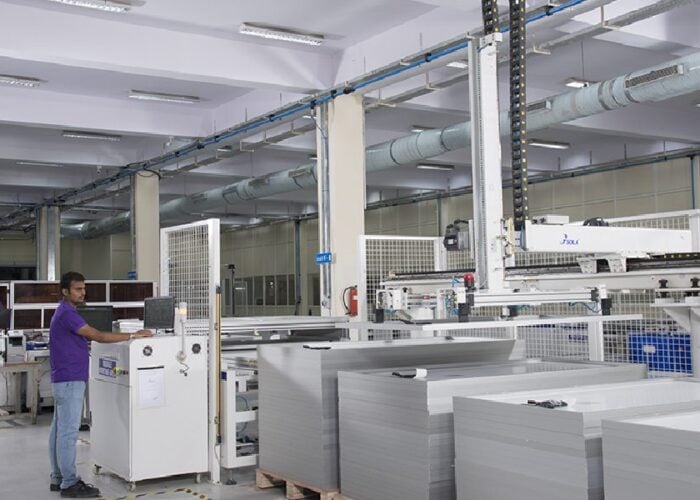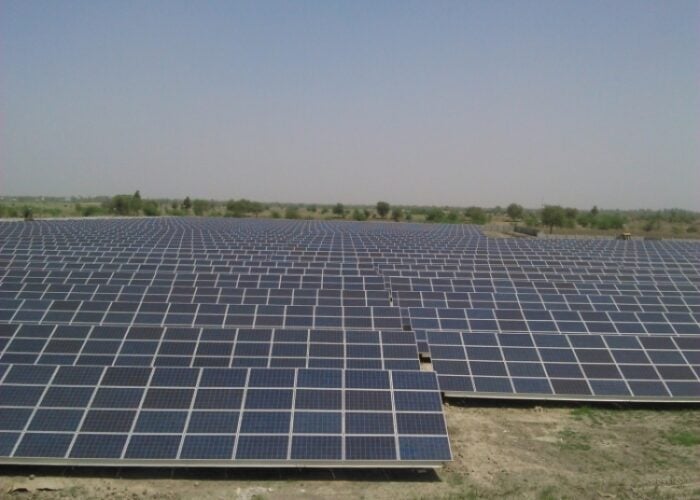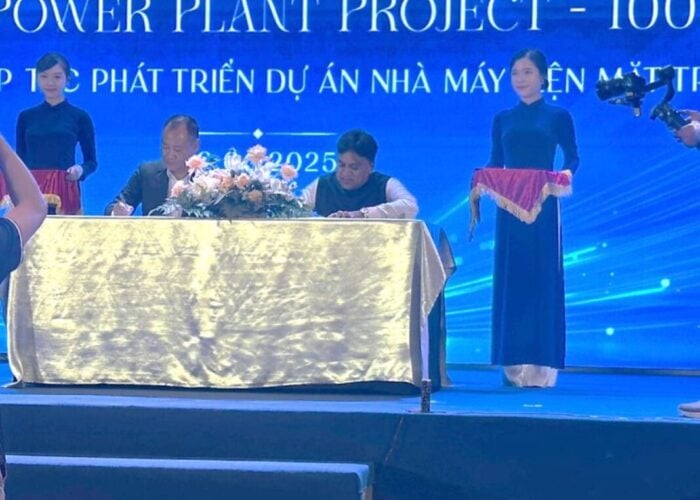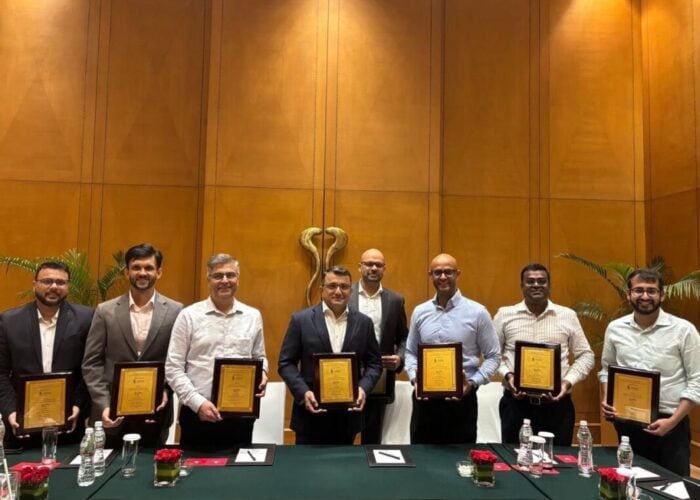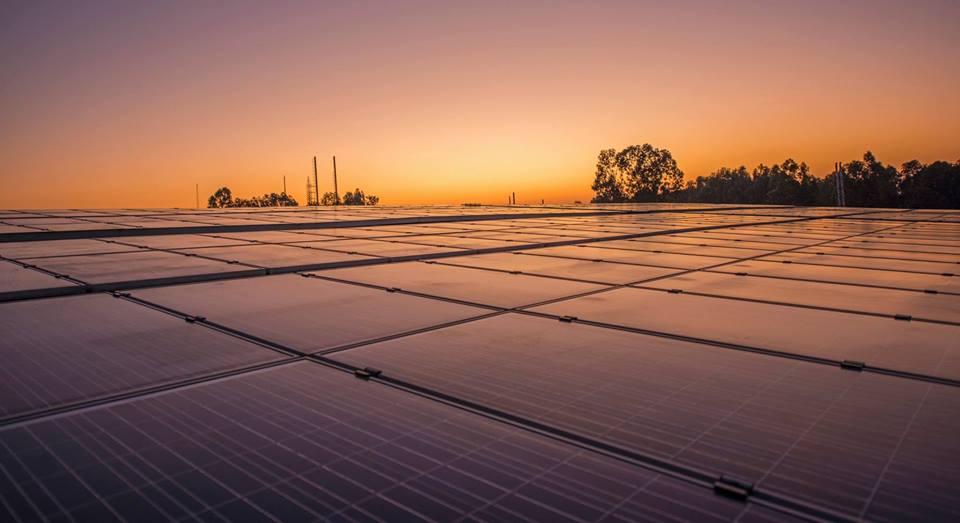
India’s Supreme Court has cancelled the Orissa High Court’s interim stay on the safeguard duty imposed on imports of cells and modules from China, Malaysia and developed countries.
Legal proceedings surrounding the duty are not over, with the next hearing by the Orissa High Court due in four weeks’ time, according to the Court Order seen by PV Tech. However, the latest ruling means that developers may now have to retrospectively pay the duty for all modules imported since 30 July, when it was first imposed.
Unlock unlimited access for 12 whole months of distinctive global analysis
Photovoltaics International is now included.
- Regular insight and analysis of the industry’s biggest developments
- In-depth interviews with the industry’s leading figures
- Unlimited digital access to the PV Tech Power journal catalogue
- Unlimited digital access to the Photovoltaics International journal catalogue
- Access to more than 1,000 technical papers
- Discounts on Solar Media’s portfolio of events, in-person and virtual
Vinay Kumar, who heads the Indian renewables portfolio of Canadian investment fund, Brookfield, told PV Tech that the ruling came as no surprise since a strong case of injury from imports had been put forward by the domestic PV industry. He added that most industry players would assume now that the safeguard duty will be levied.
Discussing tariff discoveries since the duty was first announced, Kumar said: “[The] safeguard duty is not getting fully factored into the tariffs because it is partially offset by the assumptions the bidders are making about [the] drop in panel prices. Everything else remaining the same, it would have at least meant a 30-35 paisa increase in tariffs.”
Vinay Rustagi, managing director of consultancy firm Bridge to India, also told PV Tech: “I don’t think there will be a huge change in tariffs because of this alone. Even adding the additional safeguard duty, the landed price of modules in India will be about 30 cents which is actually lower than where the module prices have been in the first half of the year.
“Having said that if you look at the wider industry trend, like the rupee depreciation, increase in interest rates etc., I do think that tariffs going forward will remain slightly on the higher side in comparison to what we have seen in the last few months.”
MNRE recently directed Solar Energy Corporation of India (SECI) to hold a one-off tender with a 2.5 rupee tariff ceiling without safeguard duty and 2.68 rupees with a safeguard duty. This showed the government expecting just an 18 paisa rise under the duties.
Kumar expects assumptions about panel prices moving forwards to continue and therefore tariffs to not increase significantly.
Meanwhile the government had previously directed the central regulatory commission to disperse the pass-through option on the duty within 30 days, meaning that bidders would not have to wait too long for this compensation. Nonetheless, Kumar said that developers would still have a “tough time” convincing the authorities that they have a case for a pass-through and he noted that the utilities have been pushing back against the policy.
Sunil Rathi, director of India-based module manufacturer Waaree Energies, issued the following statement: “The implementation of [the] safeguard duty is a respite from the uncertainty witnessed in the recent past. We can now say that domestic manufacturers have a level playing field, which will address the concern of underutilised manufacturing capacity of key national players.
“During the initial phase, we anticipate a diversion of approximately 30 to 40% of the demand for solar cells and modules towards the Indian manufacturers. With time, 70% of the total demand will gradually be diverted to domestic players. With large renewable targets, we will see a corresponding increase in the manufacturing activity, that will fulfill a significant amount of the county's demand in an indigenous manner. It also gives an impetus to domestic manufacturers to invest in the latest technologies and R&D, and encourage new companies to enter the solar space.
“While there are many concerned voices on the anticipated rise in solar tariff, we believe that in the long run with economies of scale, the fluctuations in the module prices will stabilise.
“Going forward, we do need robust measures in place for anti-dumping. It will not only help save us from becoming a dumping nation for solar equipment but can ensure substantial investments in the sector.”
However, back at the time of the safeguard duty announcement, Vinay Rustagi noted that the fact that the safeguard duty only lasts for two years, meant that there was little incentive for manufacturers to set up within India since it would take longer than two years to set up a factory.


